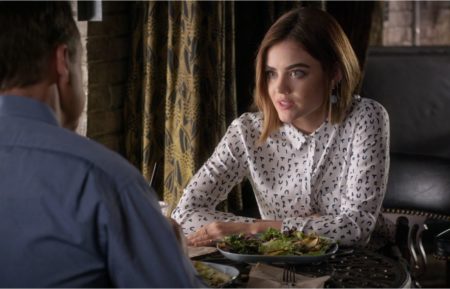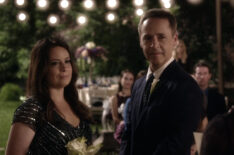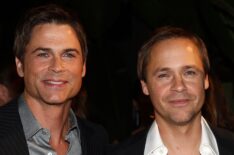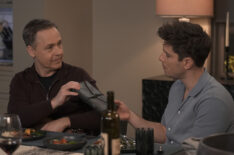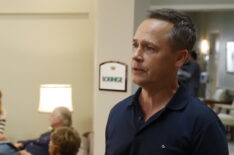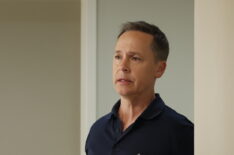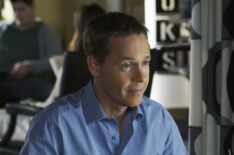Chad Lowe
Credits

FoundStream
Director
Series
2023

9-1-1: Lone StarStream
Director
Series
2020

9-1-1: Lone StarStream
Guest Star
Robert Strand
Series
2020

Highway to HellStream
Actor
Charlie Sykes
Reality
2019

Hailey Dean Mystery: 2+2=4 Murders
Actor
Clyde Bennett
Movie
2018

Hailey Dean Mystery: A Will to Kill
Actor
Clyde Bennet
Movie
2018

Hailey Dean Mysteries: A Marriage Made for Murder
Actor
Clyde Bennett
Movie
2018

Battle of the Network Stars
Guest
Reality
2017
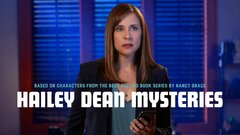
Hailey Dean Mysteries
Actor
Clyde Bennett
Series
2016

Hailey Dean Mysteries
Guest Star
Clyde Bennett
Series
2016

American HousewifeStream
Director
Series
2016

NotoriousStream
Director
Series
2016

SupergirlStream
Director
Series
2015

SupergirlStream
Guest Star
Thomas Coville
Series
2015
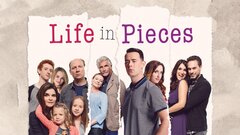
Life in PiecesStream
Director
Series
2015

The FlashStream
Director
Series
2014

Rizzoli & IslesStream
Guest Star
Charlie Douglas
Series
2010

Pretty Little Liars 01 HD FREE
Actor
Byron Montgomery
Show
2010

Pretty Little LiarsStream
Actor
Byron Montgomery
Series
2010

Pretty Little LiarsStream
Guest Star
Byron Montgomery
Series
2010

Drop Dead DivaStream
Guest Star
Daniel Porter
Series
2009

Brothers & SistersStream
Director
Series
2006

Beautiful Ohio
Director
Movie
2006

Beautiful Ohio
Producer
Movie
2006

Ghost WhispererStream
Guest Star
Series
2005

BonesStream
Guest Star
Brandon Casey
Series
2005

MediumStream
Guest Star
Series
2005

Fielder's Choice
Actor
Philip
Movie
2005

Red Betsy
Actor
Orin Sanders
Movie
2003

Hack
Director
Show
2002

Hack
Guest Star
Show
2002
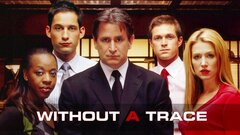
Without a TraceStream
Director
Series
2002

Without a TraceStream
Guest Star
Series
2002

CSI: MiamiStream
Guest Star
Series
2002
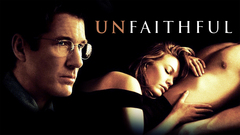
UnfaithfulStream
Actor
Bill Stone
Movie
2002

24Stream
Guest Star
Reed Pollock
Series
2001

Acceptable Risk
Actor
Edward Welles
Movie
2001

Take Me Home: The John Denver Story
Actor
John Denver
Movie
2000
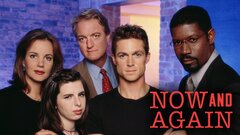
Now and Again
Guest Star
Series
1999

Law & Order: Special Victims UnitStream
Director
Series
1999

Law & Order: Special Victims UnitStream
Guest Star
Jason Mayberry
Series
1999

Floating
Actor
Doug
Movie
1999

The Apartment Complex
Actor
Stan Warden
Movie
1999

The Wild ThornberrysStream
Guest Voice
Series
1998

Suicide, the Comedy
Actor
JJ
Movie
1998

Target Earth
Actor
Commander Fauk
Movie
1998

The Intervention
Actor
JJ
Movie
1998

The Hunger
Actor
Show
1997

In the Presence of Mine Enemies
Actor
Sergeant Lott
Movie
1997

Quiet Days in Hollywood
Actor
Richard
Movie
1997

Trading Favors
Actor
Marty
Movie
1997

The Others
Actor
VTV Director
Movie
1997
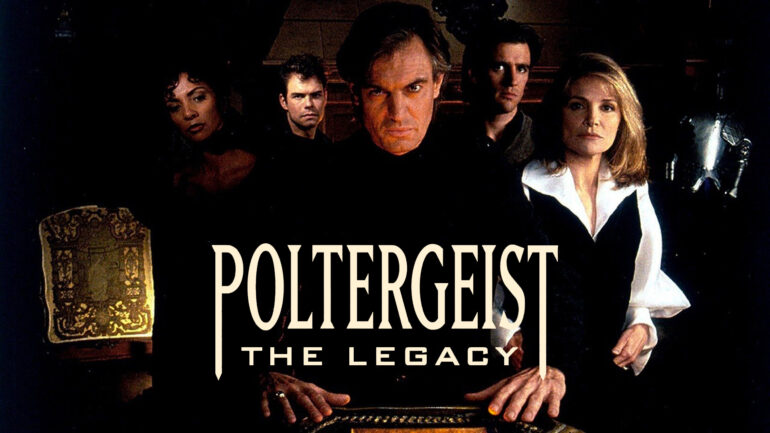
Poltergeist: The LegacyStream
Guest Star
Series
1996

Driven
Actor
LeGrand
Movie
1996

Todo por Mi Hija
Actor
Eric
Movie
1995

Fighting for My Daughter
Actor
Eric
Movie
1995

Dare to Love
Actor
Stephen
Movie
1995

Touched by an AngelStream
Guest Star
Series
1994
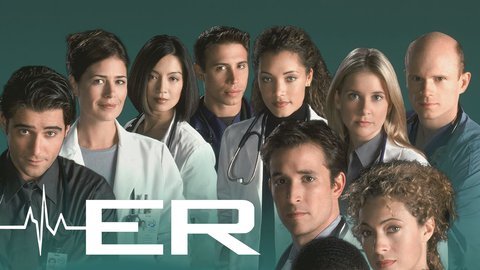
ERStream
Guest Star
George Henry
Series
1994

Terror sin Ley
Actor
Movie
1994

Siringo
Actor
Winton Powell
Movie
1994

Candles in the Dark
Actor
Jaan Toome
Movie
1993

Melrose PlaceStream
Guest Star
Carter Gallavan
Series
1992

An Inconvenient Woman
Actor
Kippie Petworth
Show
1991

Captive
Actor
Jeff Frost
Movie
1991

Highway to Hell
Actor
Charlie Sykes
Movie
1991

An Inconvenient Woman
Actor
Kippie Petworth
Movie
1991

Une femme encombrante
Actor
Movie
1991

Nobody's Perfect
Actor
Stephen/Stephanie
Movie
1990

So Proudly We Hail
Actor
Billy Kincaid
Movie
1990
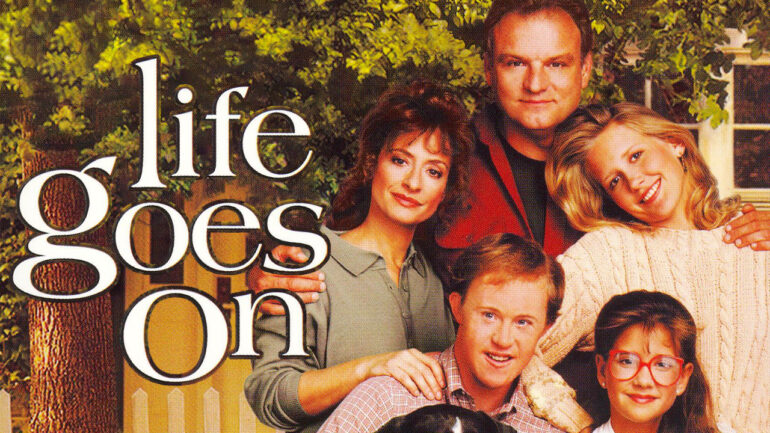
Life Goes On
Actor
Jesse McKenna
Series
1989

Les frères Trueblood
Actor
Movie
1989

True Blood
Actor
Donny Trueblood
Movie
1989
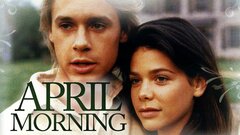
April MorningStream
Actor
Adam Cooper
Movie
1988

Apprentice to Murder
Actor
Billy Kelly
Movie
1987

There Must Be a Pony
Actor
Josh Sydney
Movie
1986

Silence of the Heart
Actor
Skip Lewis
Movie
1984

Afterschool Special
Actor
Show
1972
News aboutChad Lowe
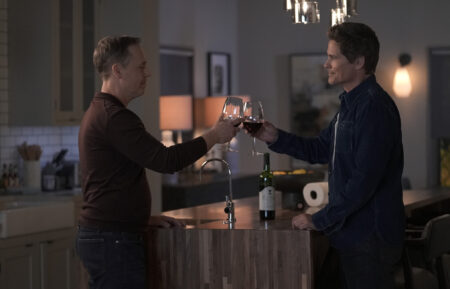
Spoiler Alert
‘9-1-1: Lone Star’: Owen’s Brother Drops a Family Bombshell During Visit
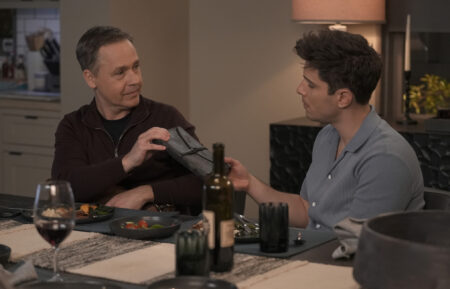
Exclusive
‘9-1-1: Lone Star’ Sneak Peek: Owen’s Brother Robert Visits & Meets T.K. & Carlos (VIDEO)
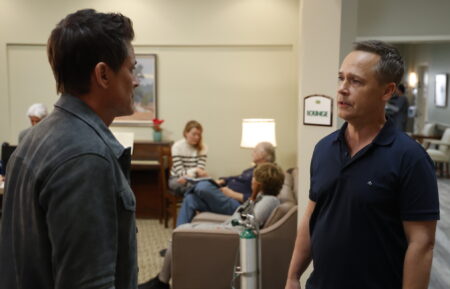
Spoiler Alert
‘9-1-1: Lone Star’: Chad Lowe on Finally Acting With His Brother Rob Lowe
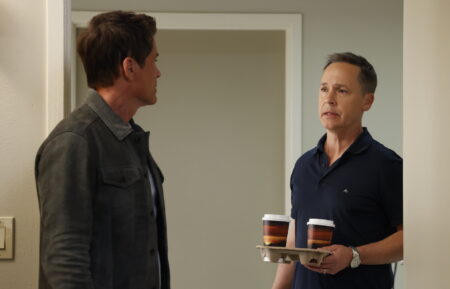
Exclusive
‘9-1-1: Lone Star’ Sneak Peek: Watch Rob Lowe Encounter His Brother Chad Lowe (VIDEO)
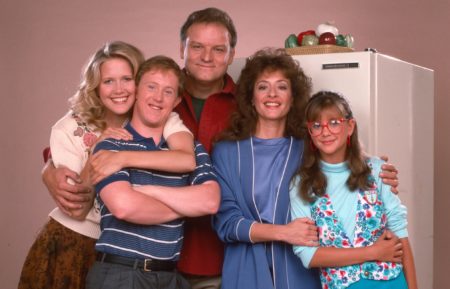
‘Life Goes On’ Sequel Gets Put Pilot Order at NBC
